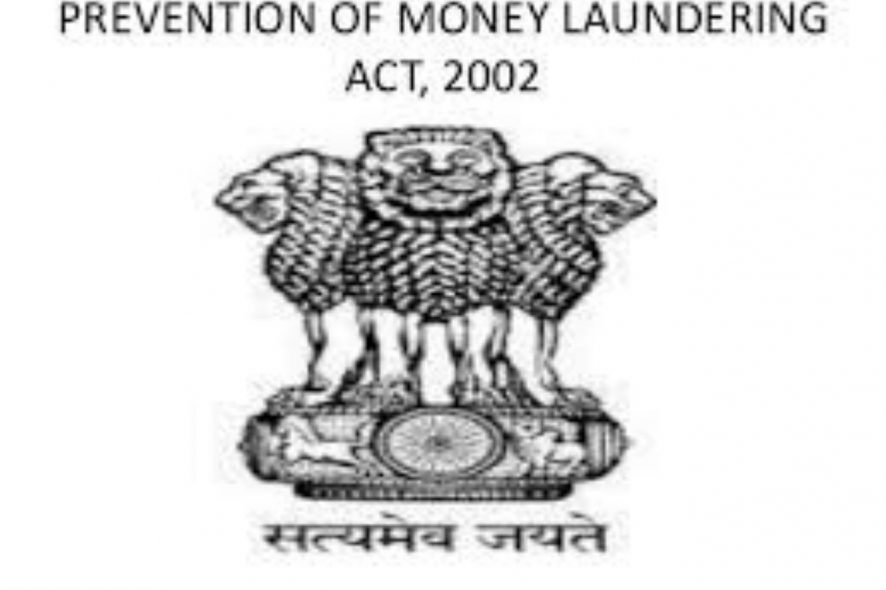Appellate Tribunal, Prevention of Money Laundering Act (New Delhi): A Coram of Manmohan Singh (Chairman), J. and G.C. Mishra (Member) allowed an appeal under Section 26 of the Prevention of Money Laundering Act, 2002 against an order passed by the Adjudicating Authority for attaching property.
In the instant case the CBI registered a criminal case under Section 120-B of Penal Code, 1860 read with Sections 7, 12, 13(2) and 13(1)(d) of Prevention of Corruption Act, 1988 against one Joint Director of Enforcement Directorate (ED) wherein it was alleged that he assisted the appellant (herein), indulging in corrupt practices in an investigation. It was also alleged that they had taken a huge amount of bribes as quid-pro-quo for acts of omission and commission during the said investigation. As a result, the appellant was arrested by CBI and a charge sheet was filed against him. On the basis of the registration of the case by CBI, a Prevention of Money Laundering Act, 2002 (PMLA) case was also recorded at New Delhi. The ED provisionally attached the immovable property of the appellant which was confirmed by the Adjudicating Authority.
The respondent’s counsel, Shilpi Satyapriya Satyam, contended that the aforesaid property was attached as a “value thereof” in accordance with provision made under Section 2(1)(u) read with Section 2(1)(v) of the PMLA. The counsel for the appellant, R.K. Handoo, drew the attention of the Tribunal to the provision in Section 8(3)(a) of PMLA, 2002 as amended by Act 13 of 2018 which reads as, “a) continue during [investigation for a period not exceeding ninety days or] the pendency of the proceedings relating to any [offence under this Act before a court or under the corresponding law of any other country, before the competent court of criminal jurisdiction outside India, as the case may be. On the basis of this the counsel contended that the confirmation order of attachment passed by the Adjudicating Authority did not survive. Also, no prosecution complaint was filed against the appeal, and hence the appeal be allowed.
The Tribunal found, “It is strange to note here that an immovable property of a person has been made part of a prosecution complaint for confiscation without making that person as a party and affording that person an opportunity to defend his case.” It was further noted, “Section 8(3)(a) of PMLA has been amended by the Act 13 of 2018, wherein a limitation period has been provided for continuation of attachment or retention of property or record post confirmation of attachment/retention and it is the intention of the legislature not to allow the Investigating Authority to get the property attached or retained the record/documents/items indefinitely in the name of investigation.”
Thus, the appeal was allowed. The Tribunal directed the appellant to move to the concerned Special Court for an appropriate remedy, wherein the Prosecution Complaint was pending and his property was made part and parcel of that complaint.[Sanjay Kumar v. Deputy Director Directorate of Enforcement, New Delhi, 2019 SCC OnLine ATPMLA 9, decided on 12-04-2019]






